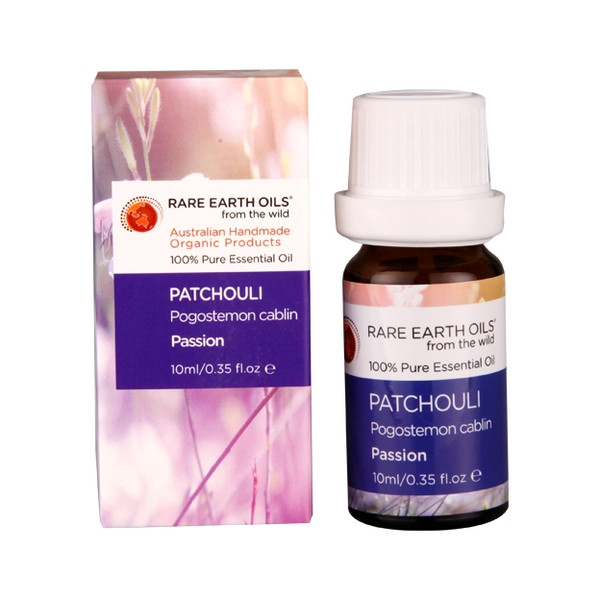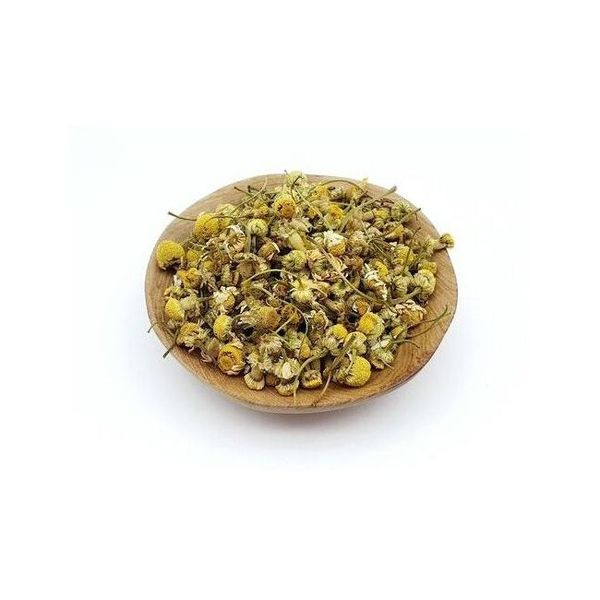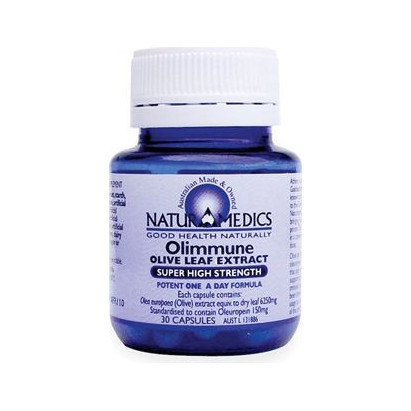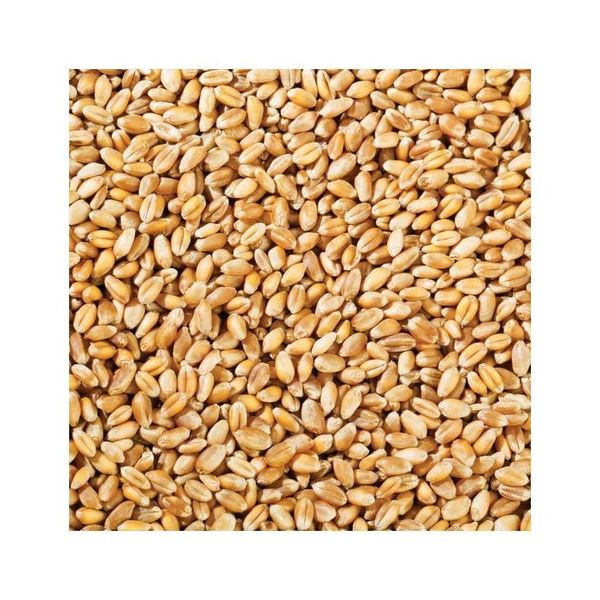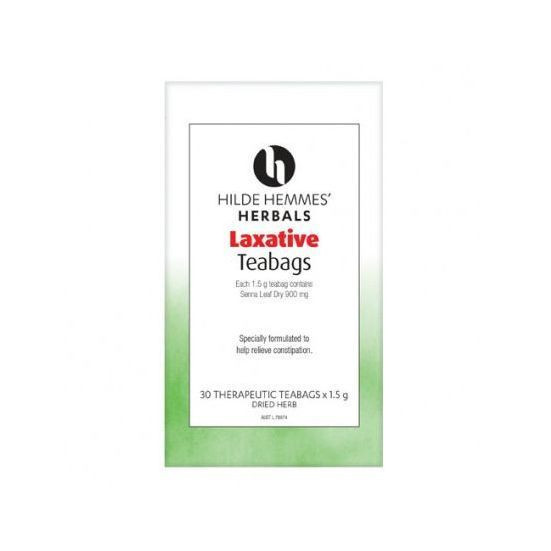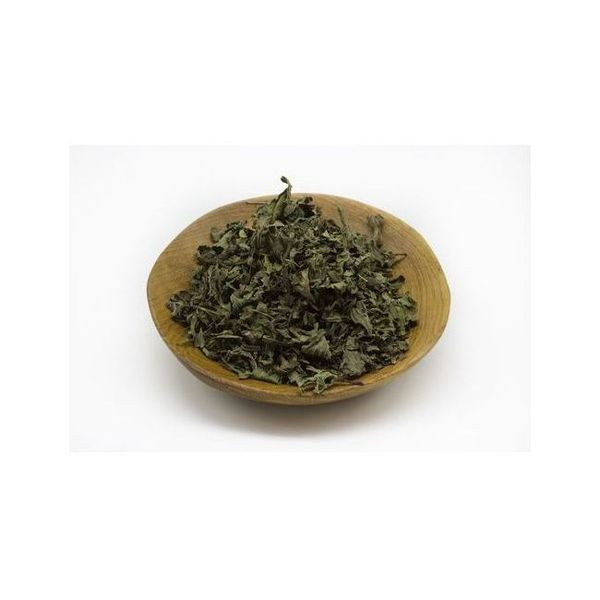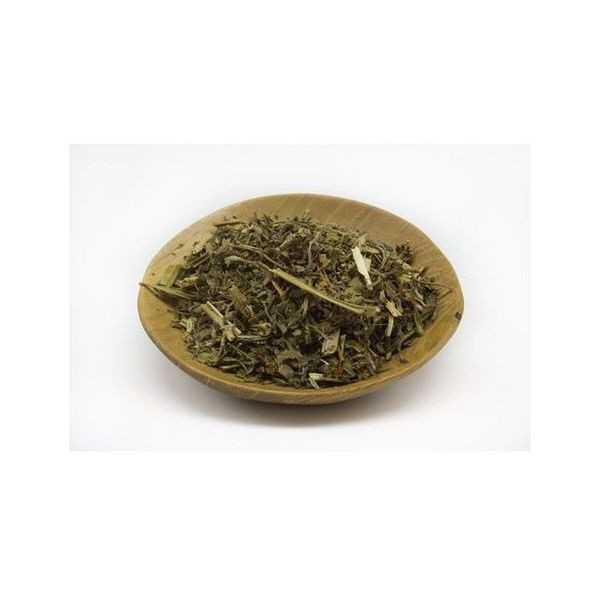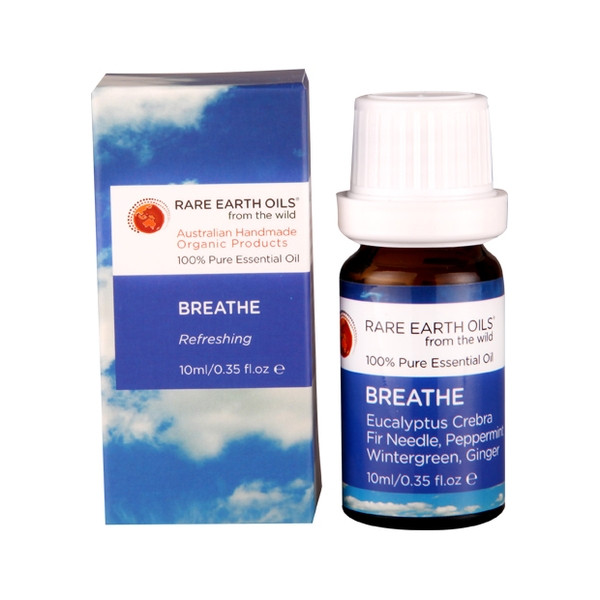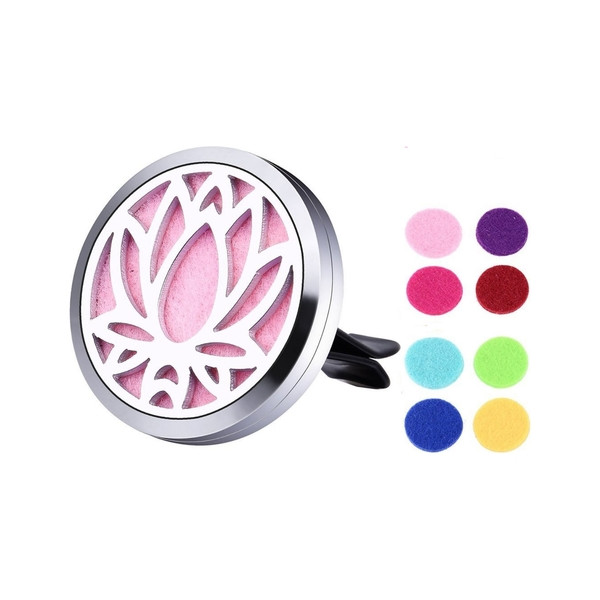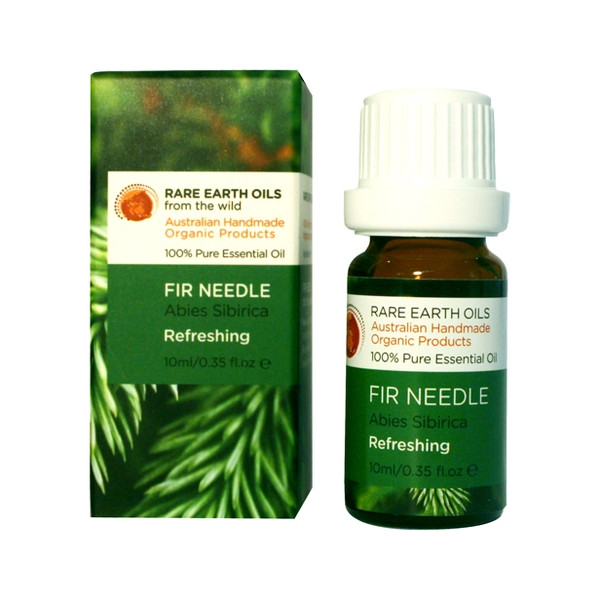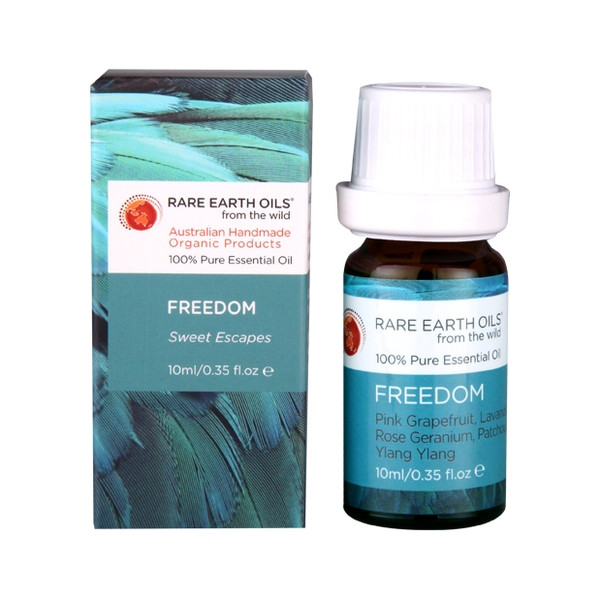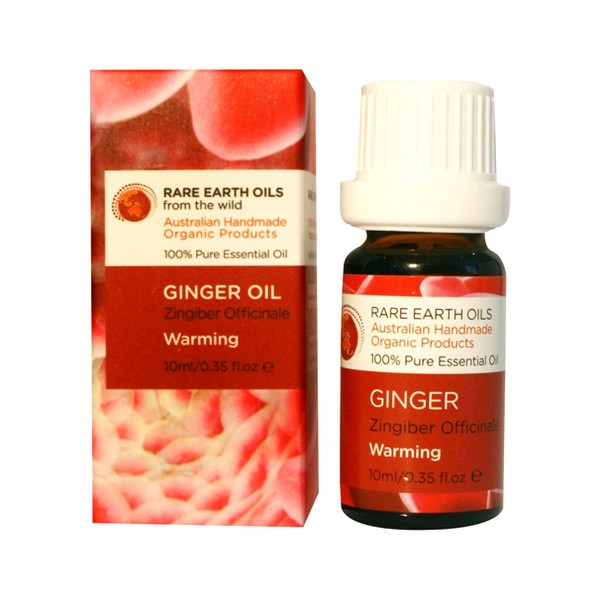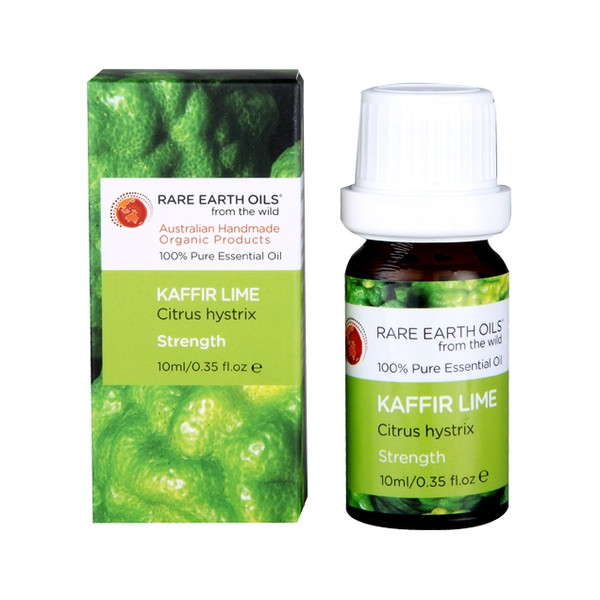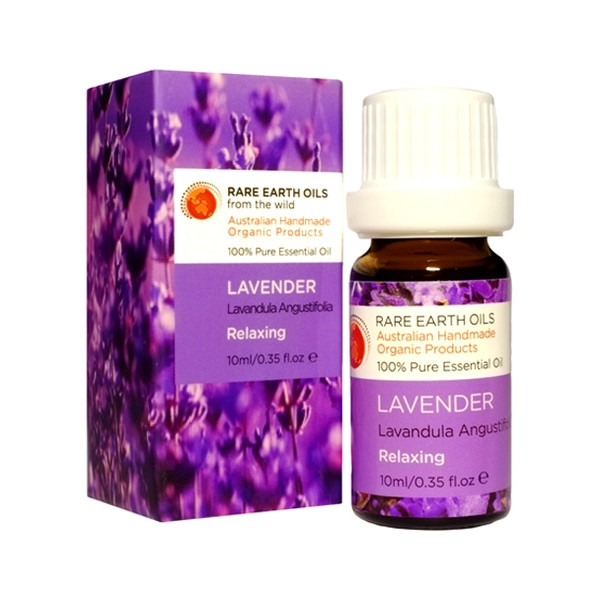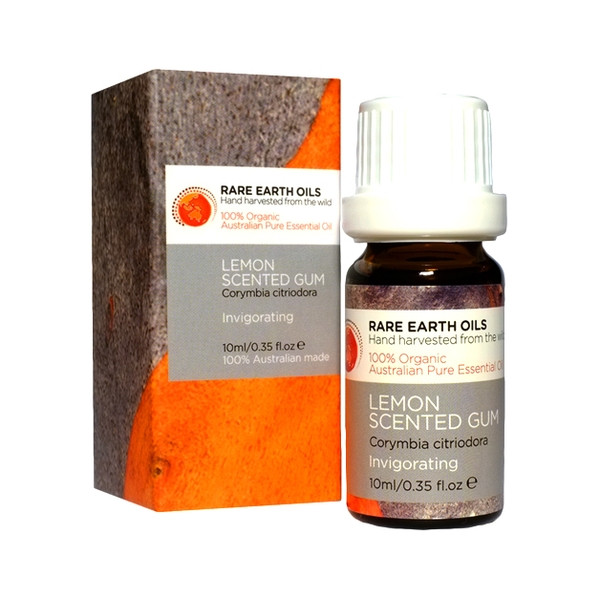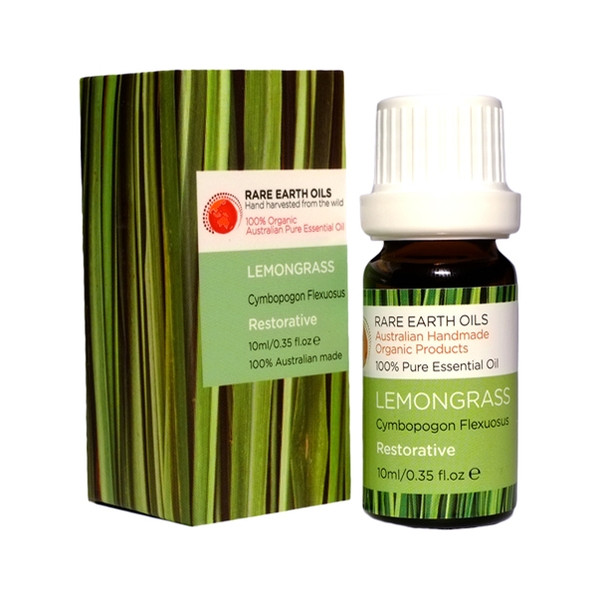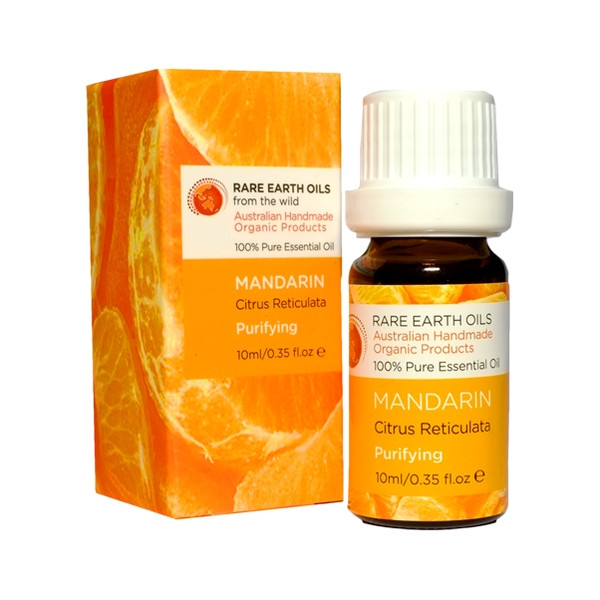-
Chamomile Flowers 100gms
$10.00 -
Organic Wheat Grain 1kg
$7.95 -
Peppermint Leaf 100gms
$10.00
Botanical Name: Pogostemom cablin Family Labiatae or Lamiaceae
One word Description:
- Relieves anxiety, depression
- Aphrodisiac
- Healthy balanced skin
- PMS and Menopause
Historical and Traditional Uses
Well known as an aphrodisiac and supports sexual health and function and improves our sense of sensuality.
Commonly used to alleviate the symptoms of depression, anxiety and stress.
Its antiseptic and antifungal properties were used to reduce acne and skin infections. Due to it’s anti-inflammatory properties it was used on the skin to alleviate sores, injuries, fissures, scars, inflammation, eczema, fungal and parasitic infections. It was included to cool and moisten the skin while increasing regeneration.
Used in Traditional Medicine in Asia, Japan and Indonesia to treat colds, headaches, vomiting, nausea, and diarrhoea, abdominal pain and reduce fevers.
Aromatherapy:
Some say that patchouli oils biggest benefit is psychological and energetic. It helps ground those who feel ‘out of touch’ with their body and physical world, who have an excess of thought and nervous activity, too much focus on the spiritual without the balance of physicality and disconnected to their sensuality.
The aroma promotes a calming, soothing feeling that is quite hypnotising. It is grounding, centring and sensual in nature and was employed to heal detachment and negativity about our body and environment, allowing us to enjoy the sweetness of physical life.
Opening our creative expression Patchouli also suits those with a very mental analytical approach to life, encouraging them to open to new experiences and pleasures. To sum up Patchouli harmonises body and mind when over thinking and worry take over and sabotage self-confidence.
Suggested Uses
- Inhalation: Aroma diffuser, Steam Inhalation, Direct
- Add to moisturisers and massage oils for skin care and PMS
- Add to bath or compress
Aroma: Patchouli Oil has a very deep, rich, sweet, spicy oriental aroma with a woody undernote and imbibes an exotic evening in Asia.
